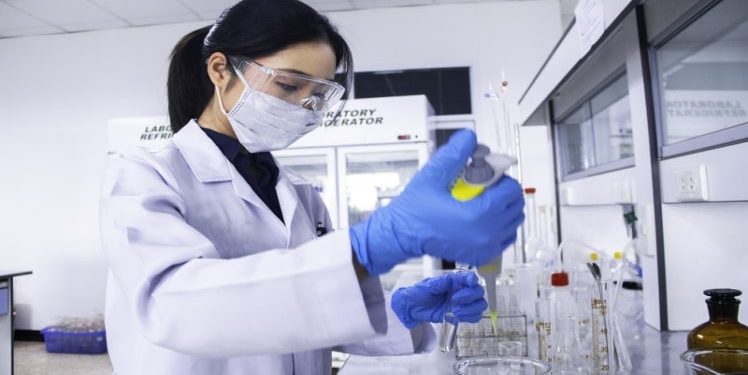Medical laboratory jobs are in high demand. Hospitals and home health companies are hiring medical laboratory workers in growing numbers, and these positions offer competitive pay. If you’re considering a career in the medical laboratory field, this article will give you an overview of the requirements for these jobs, as well as the many career opportunities available.
What is a Medical Laboratory Worker?
A medical laboratory worker is someone who performs tests on biological specimens to help diagnose and monitor diseases. The job requires knowledge of a wide range of chemical processes, instruments, and procedures. It also requires excellent analytical skills as well as attention to detail and accuracy.
Medical laboratory workers must be able to work with a variety of substances, including blood and other bodily fluids, cultures from infected areas, tissue samples, and even microscopic organisms. They must also be able to interpret data accurately and use sophisticated equipment such as microscopes and centrifuges.
Requirements for Becoming a Medical Laboratory Worker
The requirements for becoming a medical laboratory worker vary by state or country but typically include some combination of a college degree in science or biology; completion of an accredited program in applied science or clinical lab technology; certification by the American Society for Clinical Pathology (ASCP); experience working in medical laboratories; or passing scores on an exam administered by ASCP or another organization that certifies lab technologists. Depending on where you live, certain criminal background checks may also be required before you can begin working as a medical laboratory worker.
Career Opportunities for Medical Laboratory Workers
There are many different types of roles a medical laboratory worker can fill depending on their qualifications and experience level. These include roles such as clinical lab technologist (or technician), cytotechnologist (testing cells), histotechnologist (preparing tissue samples), medical technologist (analyzing patient samples), microbiologist (studying microorganisms), phlebotomist (drawing blood from patients) , and research scientist . Most states require certification to practice any type of laboratory work so it’s important to research your local regulations before pursuing one of these roles.
Conclusion
There are so many exciting career opportunities available for those interested in pursuing a career in the medical laboratory field. With hospitals and home health companies hiring more professionals than ever before due to increased demand, now is an ideal time to get into this field if you have the necessary qualifications. Working as a certified medical lab worker puts you at the forefront of diagnosing diseases, monitoring treatments, and improving overall health outcomes – all while being compensated with competitive wages.














